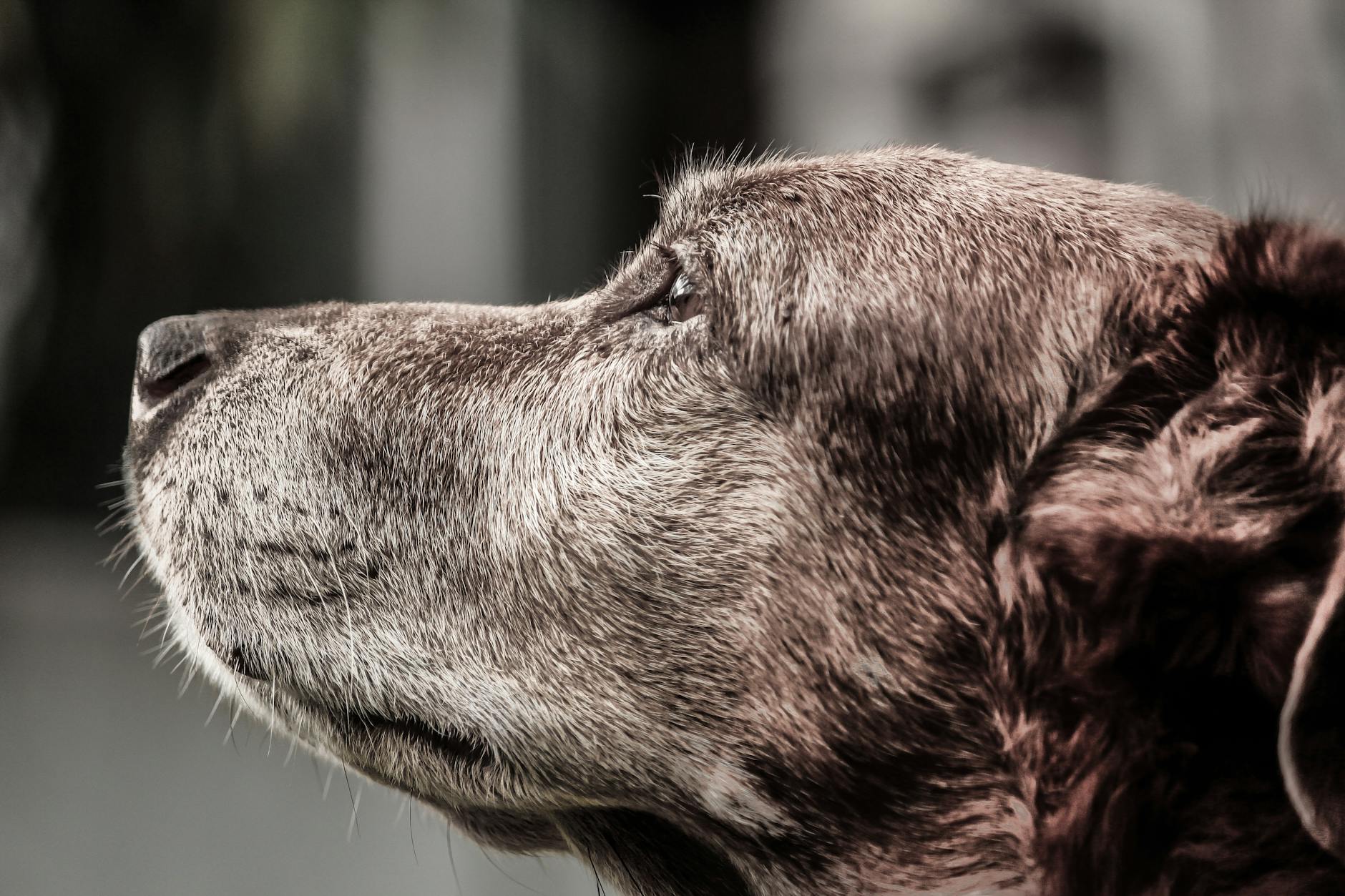Senior Dog Care
Development of Dogs
Senior Dog Care
Last month, we discussed the care of puppies in the development of dogs. This month, we are discussing senior dogs. The harsh weather conditions can deeply affect the health of a senior dog, but there are also other things to look out for besides inclement outside forces.

"How do we know when a dog can be considered a senior? What can we expect from a senior dog? We answer these and many other questions about canine "old age" in this lesson!"
It's hard to pinpoint the exact moment a dog becomes a senior. The general rule is the smaller the dog, the longer the lifespan. Thus, larger dogs are considered seniors between 6-9 years of age and small dog breeds enter their senior years between 9-12 years of age.
Physical changes can include:
- Loss of appetite
- Less mobility
- Incontinence
- Loss of hearing and vision as a side effect from diseases
- Diabetes and cancer are more prevalent in senior dogs
- Fur might appear grayer
Temperament and Personality:
- Less apt to learn new tricks
- Less tolerant of other dogs
- Enjoys sleeping more
- More anxiety
Handle senior dogs with more extra care. You may need to lift them if they need physical support. Learn how to use tools like slings that go around the hips. Be patient and provide creature comforts like blankets and beds. Manage the environment and routine. If you notice them bumping into things, move furniture, give your insights to the pet's owners so that their is a flow of communication.
Most importantly, be patient and kind.
Go to:
There are always great suggestions and topics you can find on FetchFind.
Visit: https://www.fetchfind.com/

